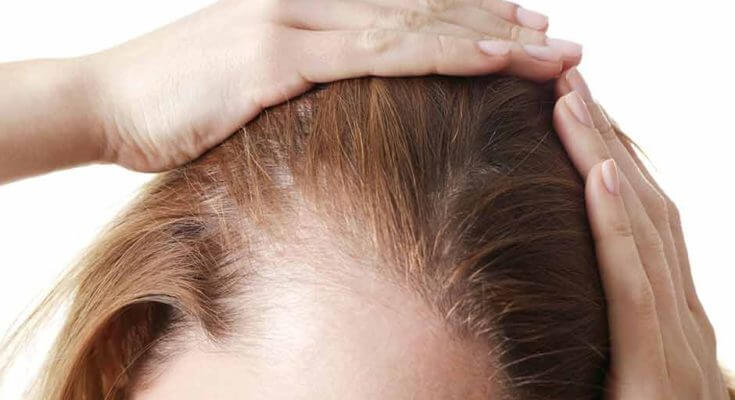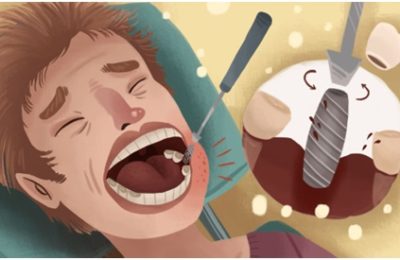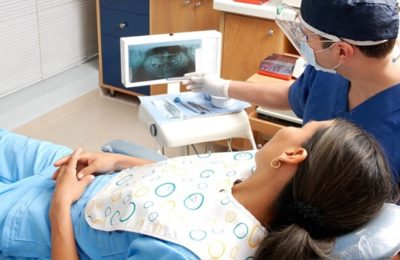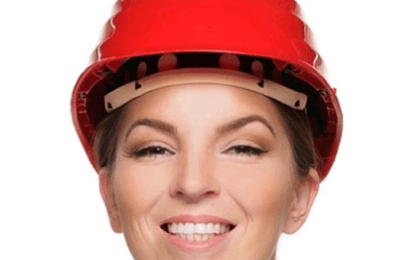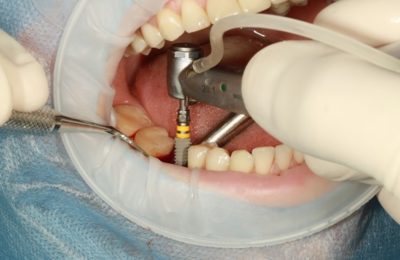There are a variety of factors that cause thinning hair and hair fall including stress or hormonal issues. There are a number of things you can do to treat thinning hair, such as changing your hairstyle, eating more protein and omega-3s and using gentle hair products. Here are some ways by which you can treat thinning of hair and hair fall.
Boosting Hair Growth
Use gentle hair products: Making the switch to all-natural, gentle hair products is a good idea when you notice your hair is thinning. Many shampoos, conditioners, hair sprays, and other products have chemicals that are hard on the scalp and hair and can speed up hair loss.
Comb instead of brushing: When you brush your hair while it’s wet tends to pull more of it out. The gentlest way is using a wide-tooth comb to get the tangles out.
Let it air dry: Instead of using a hairdryer, let your hair air dry. To keep from pulling out too much hair after your shower, pat it gently with a soft towel – don’t wring it out or towel it roughly. The heat from a hair dryer can cause hair to dry out and break.
Use heat-free styling techniques: Avoid using straightening irons, curling irons, or any other type of hot styling tool to style your hair.
Avoid hairstyles that pull on your hair: Weaves, tight braids, and other pulled-back hairstyles can cause hair to pull out more easily. Keep away from hair elastics and barrettes that may tug on your hair.
Massage your scalp with oil: Massaging your scalp can stimulate hair growth by increasing circulation around your hair follicles.
Causes of Hair loss and thinning of hair
- Hormonal fluctuations sometimes lead to impermanent hair loss. Pregnant women or those who have discontinued birth control, or are going through menopause may experience temporary hair thinning.
- Using all-natural hair products, handling the hair gently, and changing your hairstyle can help slow the progression of hormone-related thinning.
Determine if it’s a medical condition. Hair loss is also caused by certain medical conditions. Treating these conditions can help slow or stop hair loss. If you are concerned, talk to your doctor about starting a treatment program so your hair will start growing back in. Conditions that cause hair thinning include.
- Thyroid issues — You might notice more hair falling out than usual when your thyroid isn’t working properly.
- Alopecia areata — This is a disorder in which the body’s immune system actually attacks hair follicles.
Check your medications. Certain medications can also lead to hair loss. It may not be possible to switch to another medication, but it’s worth looking into. Drugs used to treat cancer, depression; heart problems and high blood pressure commonly lead to hair thinning.
Stress: Hair loss can result from physical or mental shock as well as ongoing stress. If you’re persistently stressed, dealing the causes of your stress is an important way to keep yourself in good physical condition.
Making Lifestyle Changes
Lower your stress. Taking measures to decrease your stress level might help to slow down hair fall. If you lead a high-stress life, try to get more sleep, do exercise frequently and try meditating yoga.
Eat more protein. It’s one of the building blocks of your hair, and if you aren’t getting an adequate amount of protein, hair loss can occur. Thinning hair is common among vegetarians who aren’t taking in enough protein. Try eating more fish, chicken, and tofu.
The body also needs omega-3 fatty acids to create new hair. Getting plenty of omega-3s is essential for hair growth, so try stepping up your intake of food rich in omega -3 like Solomon, walnuts, and avocados.
Treatments for hair loss are directly connected to its cause. A healthy hair follicle can make healthy hair. So in regards to the treatment of hair loss, the treatment which treats the causative ailments can give a long-standing result. Homeopathy treatment can be proved most advantageous for the treatment of any type of hair loss as it treats the root cause of any health disorders.

